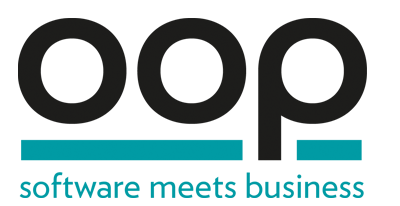Software designing your models and architecture to fit with the culture
Software stakeholders and users approach technology through the lens of their cultural norms and worldviews. As software designers, we often introduce new concepts and terminology to better address those needs. This can mean adapting or even reshaping their cultural perspectives. But culture, by nature, seeks consistency and conformity, providing a framework to our daily chaos. This consistency can make language and models rigid, often leading to ambiguity. So, how can we navigate and reshape these ingrained cultural perspectives and behaviours during software design?
Join our interactive workshop that explores the dynamic relationship between organizational culture and software design. This session offers a balanced mix of theoretical insights into how cultures function and impact our professional lives, coupled with practical exercises to help implement these concepts. We will delve into the critical role of culture in shaping software design, with a special focus on 'symbols' as a core cultural element. Participants will engage with a domain model that illustrates how language, as a cultural symbol, significantly influences both domain-specific and software contexts. Through hands-on exercises, we'll examine techniques to grasp the cultural significance of these symbols, equipping participants to either adapt effectively or employ strategies and heuristics to transform them. This includes practices such as experimenting with alternative narratives, using storytelling to understand and convey culture, and leveraging humor as a cultural lens. The workshop will conclude with a series of case studies presented through interactive discussions, showcasing the application of various techniques and heuristics in collaborative software design. These studies will highlight both successes and challenges in navigating and reshaping cultural symbols and behaviors.
Maximale Teilnehmendenzahl: 32
Target Audience: Technical leaders, decision makers, software engineers, architects
Prerequisites: Software design experience
Level: Expert
Kenny Baas-Schwegler believes in collaborative software design where ‘every voice shapes the software’. Leveraging a domain-driven design approach with Team Topologies, he facilitates clearer communication between stakeholders and software creators by collaborative modelling and deep democracy, decoding complexities, resolving conflicts and ensuring software remains agile to business demands.
In his roles as an independent software consultant, tech lead, and software architect, he catalyses organisations and teams towards designing and building sustainable and resilient software architectures.
Avraham Poupko is the head of Product Security for Forescout. He learns and teaches about how people join to create software.
As a systems architect, Avraham Poupko has spent the last 25 years analysing, modeling and designing software as well as teaching systems thinking and system design. Avraham experience varies from working with small startups that have one product, to large enterprises that create very complex domains and systems. Avraham is currently leading a multi disciplined team that is designing the next generation data center.
Avraham is currently studying, writing and teaching about the varied and complex relationships between the organizations that create software and the software they create.
Vortrag Teilen


